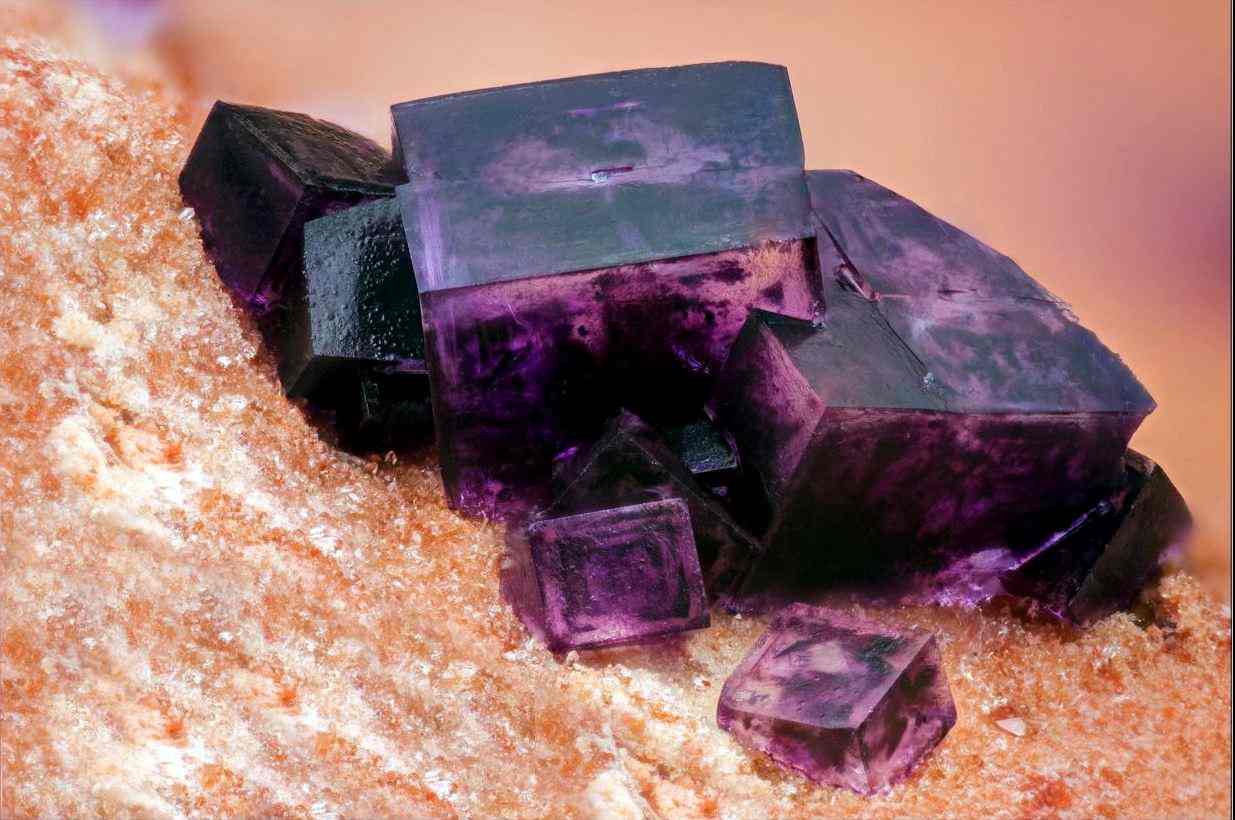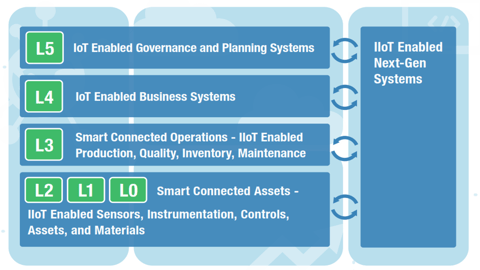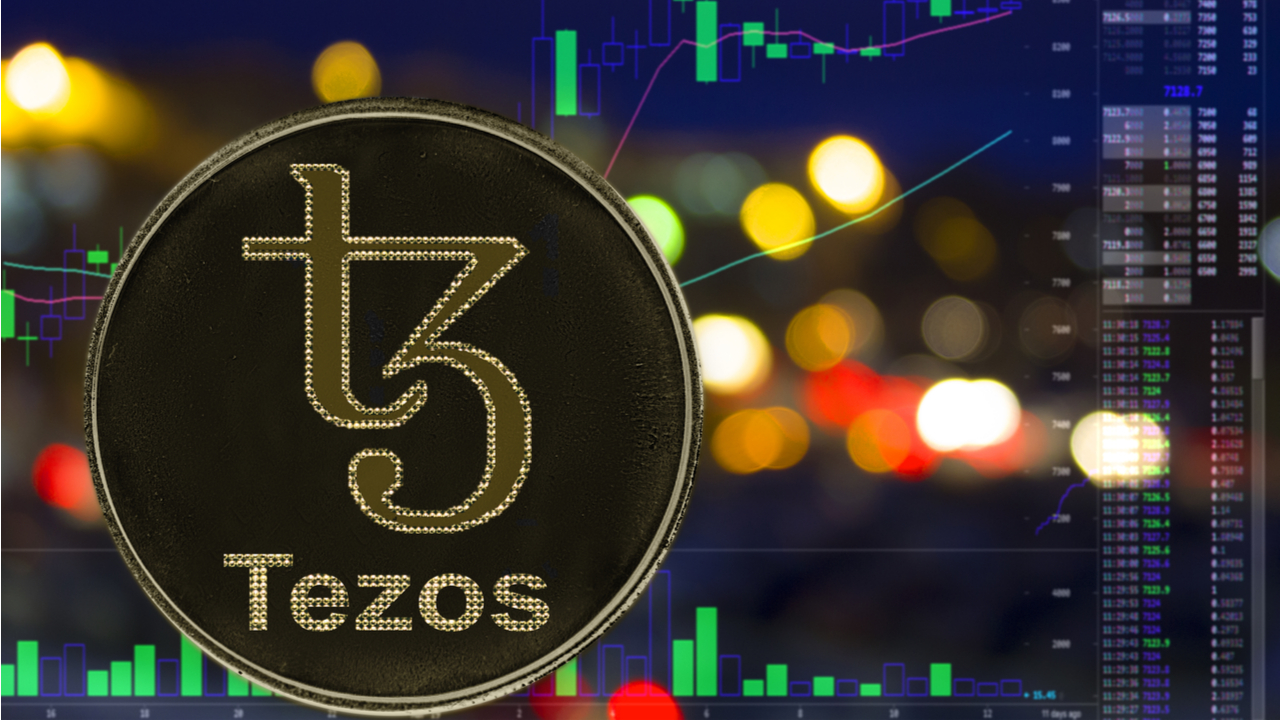Rare Earth Minerals: Fueling A New Cold War?

Table of Contents
China's Dominance in Rare Earth Mineral Production and Processing
China currently holds a near-monopoly over the rare earth mineral supply chain, controlling a significant portion of global reserves and dominating mining, processing, and refining. This dominance poses a significant threat to global supply chain security and national security interests of many countries. The implications are far-reaching:
- China's control over the majority of rare earth mineral reserves: This provides leverage in international relations and allows for potential export restrictions or price manipulation.
- China's advanced processing capabilities: China has invested heavily in refining technology, giving it a significant advantage over other nations. This makes it difficult for other countries to compete effectively.
- Potential for export restrictions and price manipulation: China's dominance creates vulnerabilities for countries reliant on its supply, leaving them susceptible to geopolitical pressure.
- The impact on other nations' technological advancements: A constrained supply of rare earth minerals can stifle innovation and limit the development of critical technologies in other countries.
This concentration of power necessitates a global reassessment of resource dependence and the urgent need for diversification strategies. Keywords: China, rare earth mining, rare earth processing, supply chain security, resource nationalism.
Diversification Efforts and the Search for Alternative Sources
Recognizing the risks associated with China's dominance, many countries and companies are actively pursuing diversification efforts to secure alternative sources of rare earth minerals. However, this is a challenging endeavor:
- Investments in exploration and mining in other countries: Australia, the US, Canada, and others are investing heavily in exploration and mining projects, but establishing new mines requires significant upfront investment and time.
- Technological advancements aiming to improve extraction and processing efficiency: Research and development are focusing on improving extraction techniques and refining processes to reduce costs and environmental impact.
- Recycling efforts to recover rare earth elements from electronic waste: Recycling offers a promising avenue for securing rare earth minerals, reducing reliance on virgin materials and minimizing environmental damage. This requires efficient and scalable recycling infrastructure.
- Governmental policies aimed at promoting domestic rare earth mineral production: Governments are enacting policies to incentivize domestic production, including subsidies, tax breaks, and streamlined permitting processes.
Overcoming the environmental hurdles and high capital expenditures associated with new mining and processing facilities remain significant barriers to rapid diversification. Keywords: rare earth recycling, resource diversification, mining exploration, sustainable mining, technological innovation.
The Role of Rare Earths in Emerging Technologies and Military Applications
The critical role of rare earth minerals in advanced technologies and military applications further amplifies the geopolitical stakes. Their demand is driven by several key sectors:
- Demand for rare earth minerals in electric vehicle batteries and wind turbines: The green energy transition, fueled by electric vehicles and renewable energy technologies, is significantly increasing the demand for rare earth minerals.
- Use of rare earth magnets in military equipment (e.g., guided missiles, radar systems): Rare earth magnets are essential for advanced military hardware, making these minerals strategically important for national defense.
- The strategic importance of securing rare earth mineral supplies for national defense: Control over rare earth minerals has become a crucial aspect of national security, impacting a country's ability to maintain technological superiority.
The competition for these resources is thus exacerbating existing geopolitical rivalries and driving nations to secure their access to these vital materials. Keywords: electric vehicles, renewable energy, military technology, national security, strategic minerals.
International Cooperation and the Path Forward
Addressing the challenges posed by rare earth mineral scarcity requires significant international cooperation. A collaborative approach is essential:
- International agreements and trade partnerships: Establishing international agreements to foster fair trade practices and promote responsible sourcing is crucial.
- Promoting responsible sourcing and ethical mining practices: Environmental and social safeguards must be prioritized to ensure sustainable and ethical mining practices.
- Investment in research and development to improve resource efficiency: Investing in R&D to improve extraction techniques, refining processes, and recycling technologies is paramount.
- Strengthening supply chain resilience and diversification: Strengthening supply chains through diversification, strategic stockpiling, and robust risk management is essential for resilience.
International cooperation will be key to ensuring a stable and secure supply of rare earth minerals for the future. Keywords: international cooperation, sustainable development, responsible sourcing, global supply chains, resource management.
Conclusion: Securing the Future of Rare Earth Minerals
The growing geopolitical competition for rare earth minerals presents significant challenges and risks, potentially fueling a new Cold War dynamic. Diversifying sources, implementing responsible resource management practices, and fostering strong international cooperation are vital for ensuring a secure and sustainable future. We must actively pursue research into alternative materials and technologies to lessen our dependence on these critical resources. Learn more about the intricacies of rare earth mineral management and advocate for policies that promote sustainable and secure access to these vital materials. Responsible rare earth mineral management is not just a technological imperative but a critical element of global stability.

Featured Posts
-
 Positive News On Mitchell Robinsons Status After Knicks Losing Streak
May 17, 2025
Positive News On Mitchell Robinsons Status After Knicks Losing Streak
May 17, 2025 -
 Inversionistas De Koriun Cuando Se Descongelaran Sus Cuentas
May 17, 2025
Inversionistas De Koriun Cuando Se Descongelaran Sus Cuentas
May 17, 2025 -
 Acidente Com Onibus Universitario Detalhes Sobre O Ocorrido
May 17, 2025
Acidente Com Onibus Universitario Detalhes Sobre O Ocorrido
May 17, 2025 -
 Mitchell Robinson Injury Update Good News For The Knicks After Recent Defeats
May 17, 2025
Mitchell Robinson Injury Update Good News For The Knicks After Recent Defeats
May 17, 2025 -
 Josh Alexander Discusses Don Callis Aew And His Wrestling Path On 97 1 Double Q
May 17, 2025
Josh Alexander Discusses Don Callis Aew And His Wrestling Path On 97 1 Double Q
May 17, 2025
Latest Posts
-
 Rockwell Automation Beats Expectations Analyzing The Positive Earnings Report
May 17, 2025
Rockwell Automation Beats Expectations Analyzing The Positive Earnings Report
May 17, 2025 -
 Market Movers Rockwell Automation Disney And Others Post Significant Gains
May 17, 2025
Market Movers Rockwell Automation Disney And Others Post Significant Gains
May 17, 2025 -
 47 Spike In Indian Real Estate Investments Q1 2024 Report Highlights
May 17, 2025
47 Spike In Indian Real Estate Investments Q1 2024 Report Highlights
May 17, 2025 -
 Rockwell Automations Strong Earnings Drive Stock Surge Market Movers
May 17, 2025
Rockwell Automations Strong Earnings Drive Stock Surge Market Movers
May 17, 2025 -
 Rockwell Automations Strong Earnings Drive Market Rally Angi Bwa And More
May 17, 2025
Rockwell Automations Strong Earnings Drive Market Rally Angi Bwa And More
May 17, 2025
